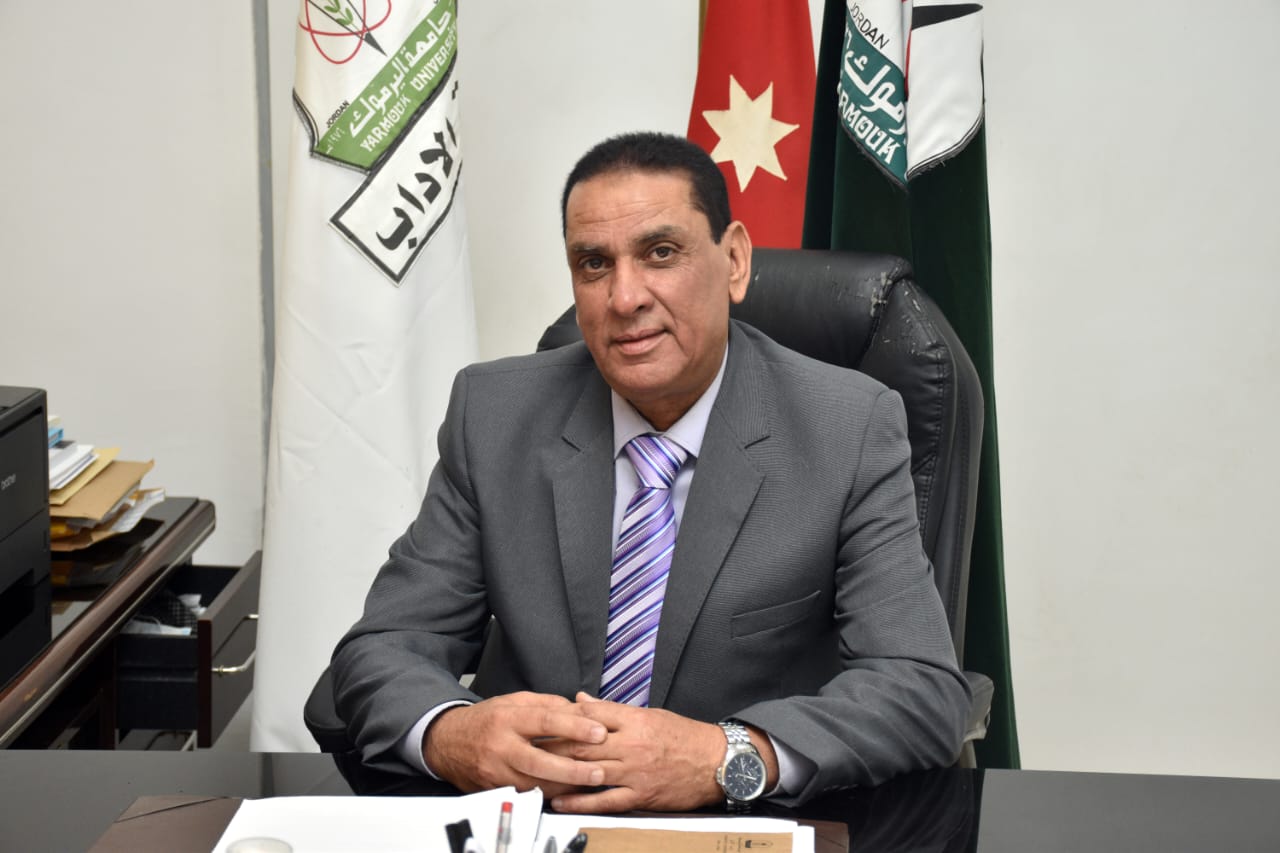
Dr. Aref BaniHamad
Head of the Department of Politics International Studies
The Department of Politics and International Studies
The Department of Politics and International Studies stands as one of the leading academic departments within the Faculty of Arts at Yarmouk University. Its focus lies in the critical examination of politics and international relations. The department comprises a distinguished faculty of experts in various fields, including international relations, political theory, and comparative politics.
Foundation and Evolution
Established in 1991 under the name "Department of Political Science," it swiftly became a trailblazer in its field. Presently, the department offers a diverse range of academic programs, spanning from a Bachelor's degree in Political Science to a Master's degree in International Political Economy. Additionally, the department provides a minor in Political Science for students from various colleges and departments.
The Department of Politics and International Studies accommodates 400 students, led by an accomplished faculty consisting of 12 members with different academic ranks.
In October 2023, the Department of Political Science witnessed a significant transformation, with its name changing to "Department of Politics and International Studies". This change reflects the department's dedication to keeping pace with global developments and addressing contemporary international issues. It also signifies a commitment to laying the groundwork for new academic programs, eagerly anticipating the fresh opportunities and contributions this transformation will bring.
Vision
The department's vision is to achieve academic leadership, both regionally and internationally. The department strives to deliver high-quality education and conduct distinguished research on the most pressing political and international issues of our time.
Mission
The department's mission is to furnish its students with the knowledge, skills, and values they need to comprehend and analyze international political dynamics, and to engage with the realm of politics and international relations.
Priorities and Strategic Objectives (2023-2028)
- Governance
- Enhance transparency in decision-making and administrative processes.
- Develop mechanisms for effective participation of faculty and staff in decision-making.
- Promote a culture of adherence to governance standards and academic ethics.
- Academic
- Improve the quality and development of academic programs in line with global standards.
- Foster interaction and communication between faculty and students to enhance the learning process.
- Provide training courses and workshops to enhance faculty members' skills.
- Research
- Foster a research culture and support strategically important research endeavors.
- Encourage local and international research collaborations and knowledge exchange.
- Provide necessary funding and resources for high-impact research.
- Human Resources and Administration
- Develop training and development programs to enhance staff skills and competencies.
- Improve recruitment and job placement processes to ensure coherence and efficiency.
- Foster an innovative work environment that encourages creativity and innovation.
- Financial and Investment
- Develop strategies for financial sustainability and efficient investment allocation.
- Create sustainable budgets that meet the needs of research, education, and infrastructure.
- Use financial analysis to make sustainable and intelligent investment decisions.
- Infrastructure
- Enhance and upgrade physical and technological infrastructure to meet research and education needs.
- Develop regular maintenance policies to ensure the sustainability of infrastructure.
- Improve the work and learning environment by providing comfortable and sustainable facilities.
- Social Responsibility and External Relations
- Strengthen relations with the local community and external stakeholders to share knowledge and enhance social interaction.
- Launch community engagement initiatives and programs that meet the needs and aspirations of the public.
- Students
- Provide a supportive and motivating learning environment to enable students to maximize their academic experience.
- Support student activities and innovative initiatives, and encourage active participation in university life.
- Innovation and Entrepreneurship
- Encourage and support innovative student research projects and initiatives.
- Develop programs to support entrepreneurship and stimulate innovation and creativity among faculty and students.
- Accreditation and Quality Assurance
- Implement and monitor quality assurance policies and mechanisms to maintain academic excellence.
- Strive to obtain accreditations and certifications that enhance the department's position locally and internationally.
Phone : 0096227211111 Ext. : 2351

